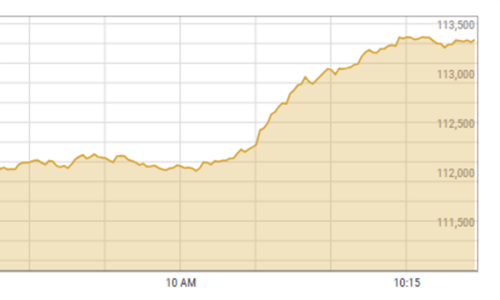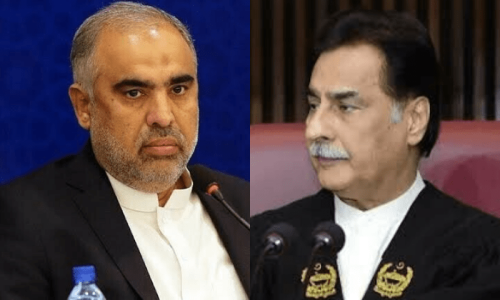
KARACHIITES are known for speaking their mind. They still do, but, arguably, not to the extent that they were once known for. On April 3, 1973, residents of Soldier Bazaar appealed to the Chief Minister of Sindh, Mumtaz Ali Bhutto, to stop construction of a slaughterhouse on a residential plot behind Holy Family Hospital, which they thought would pose a serious hazard to public health. Prior to that, a signed petition had also been handed over to the chairman of the Cantonment Board stating that the authorities would jeopardise the health of hundreds of citizens by building an abattoir in the area. Apart from the hospital, there were a number of important institutions in the vicinity including a nurse training centre, the Pakistan Institute of Industrial Accounts, the Adult Blind Centre and Islamia Club.
Not just the chief minister, but the governor, too, featured in a news story on a similar subject that week. On April 4, Governor of Sindh Begum Ra’ana Liaquat Ali Khan — the first woman governor in Pakistan — said that properly prepared nutritive food was vital for the basic health and economic need of strong people. She was speaking at the certificate distribution ceremony for the trainees of a course held at the All Pakistan Woman’s Association (APWA) headquarters. Lauding the efforts of the association in launching such an initiative, the governor added more women should join the course.
Two days later, on April 6, Begum Ra’ana Liaquat opened an exhibition-cum-mela participated by 70 voluntary social welfare organisations of Karachi at the YMCA. Addressing the audience she pointed out that social welfare was both a national duty and an honour in which there should be the widest possible citizen participation.
A couple of popular government functionaries at the national level who were writers also grabbed the headlines. On April 8, inaugurating the week-long International Book Year Fair at the Arts Council, Central Education Secretary Qudratullah Shahab highlighted the need for developing a reading habit in the people in general and among the youth in particular. He was of the opinion that books should not be kept under lock and key, they should be read and their contents be used in the development of the mind and elevation of the soul, which could help build society. He lamented people’s lack of interest in reading which, according to him, had resulted in the stagnation of thought and dampening of spirits — a dangerous trend.
The same day, the Central Minister for Information, Haj and Auqaf, Maulana Kausar Niazi said that artists were the torchbearers of society and in view of the changes coming into the nation’s life they should seek new horizons for expression of their artistic urges. He was in Karachi to take part in the prize distribution ceremony of Calendar/Diaries Award Competition held under the auspices of the National Council of Culture and Arts at the YWCA. He called upon the creative individuals of Pakistan to withdraw art and culture from the drawing rooms of the rich and take them to the doorsteps of the common man, to distant fields and factories.
Published in Dawn, April 3rd, 2023












































Dear visitor, the comments section is undergoing an overhaul and will return soon.